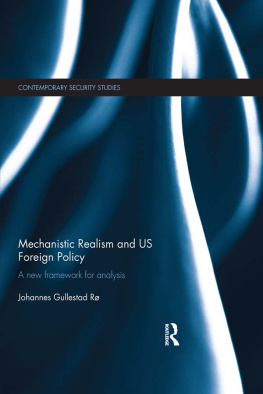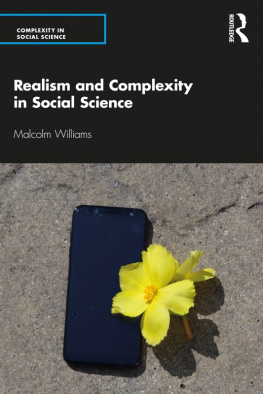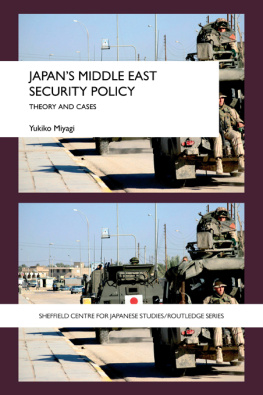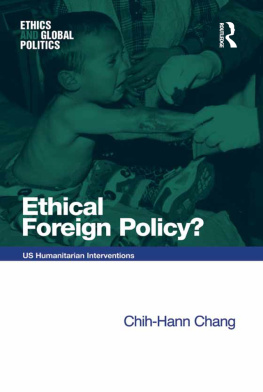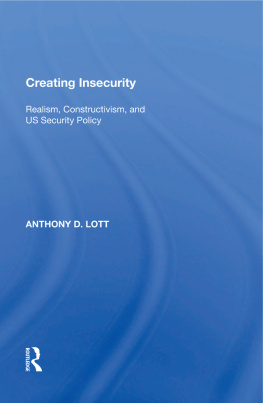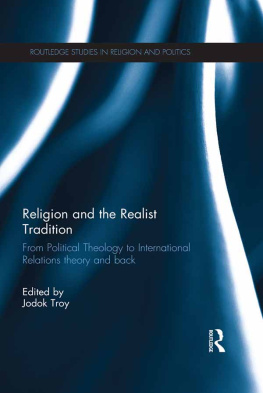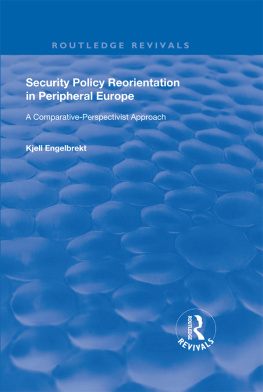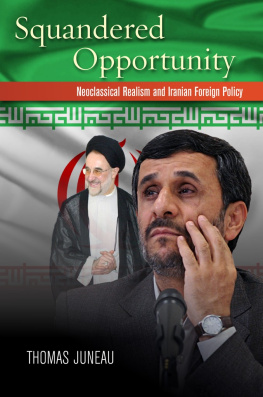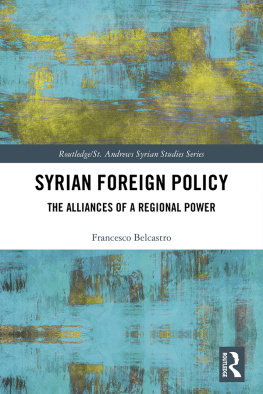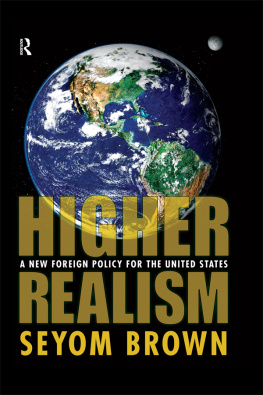Mechanistic Realism and US Foreign Policy
This book aims to invigorate realist international relations theory by developing a catalogue of micro-mechanisms able to explain security policy decisionmaking.
Typically, realism discounts the role of individuals and uses states as the unit of analysis. By examining instead the mental operations of those who act on behalf of the state, a better understanding of security policy formation is attainable. The book demonstrates how realism can be translated from a systemic grand theory into a catalogue of psychologically plausible mechanisms applicable to individual decision-makers. This catalogue, here called Mechanistic Realism, may be employed to investigate the cognitive precursors to security policy.
The explanatory power of Mechanistic Realism is demonstrated through a meticulous analysis of what transpired inside the George W. Bush administration, as its members forged a response to the 2001 terrorist attacks. Through the exploration of individual-level data, Mechanistic Realism provides a more comprehensive analysis of the US response. The book concludes that international relations (IR) scholars would benefit analytically by assembling the most pertinent mechanisms into an explanatory toolbox rather than developing and applying grand theories. Mechanistic Realism is a first step in this direction.
This book should be of great interest to students of IR, foreign policy, American politics, and security studies in general.
Johannes Gullestad R is Associate Professor at the Norwegian Institute for Defence Studies and head of the Centre for Transatlantic Relations.
Contemporary Security Studies
Series Editors:
James Gow and Rachel Kerr
King's College London
This series focuses on new research across the spectrum of international peace and security, in an era where each year throws up multiple examples of conflicts that present new security challenges in the world around them.
NATO's Secret Armies
Operation Gladio and terrorism in Western Europe
Daniele Ganser
The US, NATO and Military Burden-sharing
Peter Kent Forster and Stephen J. Cimbala
Russian Governance in the Twenty-First Century
Geo-strategy, geopolitics and governance
Irina Isakova
The Foreign Office and Finland 19381940
Diplomatic sideshow
Craig Gerrard
Rethinking the Nature of War
Edited by Isabelle Duyvesteyn and Jan Angstrom
Perception and Reality in the Modern Yugoslav Conflict
Myth, falsehood and deceit 19911995
Brendan O'Shea
The Political Economy of Peacebuilding in Post-Dayton Bosnia
Tim Donais
The Distracted Eagle
The rift between America and Old Europe
Peter H. Merkl
The Iraq War
European perspectives on politics, strategy and operations
Edited by Jan Hallenberg and Hkan Karlsson
Strategic Contest
Weapons proliferation and war in the Greater Middle East
Richard L. Russell
Propaganda, the Press and Conflict
The Gulf War and Kosovo
David R. Willcox
Missile Defence
International, regional and national implications
Edited by Bertel Heurlin and Sten Rynning
Globalising Justice for Mass Atrocities
A revolution in accountability
Chandra Lekha Sriram
Ethnic Conflict and Terrorism
The origins and dynamics of civil wars
Joseph L. Soeters
Globalisation and the Future of Terrorism
Patterns and predictions
Brynjar Lia
Nuclear Weapons and Strategy
The evolution of American nuclear policy
Stephen J. Cimbala
Nasser and the Missile Age in the Middle East
Owen L. Sirrs
War as Risk Management
Strategy and conflict in an age of globalised risks
Yee-Kuang Heng
Military Nanotechnology
Potential applications and preventive arms control
Jurgen Altmann
NATO and Weapons of Mass Destruction
Regional alliance, global threats
Eric R. Terzuolo
Europeanisation of National Security Identity
The EU and the changing security identities of the Nordic states
Pernille Rieker
Conflict Prevention and Peacebuilding in Post-War Societies
Sustaining the peace
Edited by T. David Mason and James D. Meernik
Controlling the Weapons of War
Politics, persuasion, and the prohibition of inhumanity
Brian Rappert
Changing Transatlantic Security Relations
Do the US, the EU and Russia form a new strategic triangle?
Edited by Jan Hallenberg and Hkan Karlsson
Theoretical Roots of US Foreign Policy
Machiavelli and American unilateralism
Thomas M. Kane
Corporate Soldiers and International Security
The rise of private military companies
Christopher Kinsey
Transforming European Militaries
Coalition operations and the technology gap
Gordon Adams and Guy Ben-Ari
Globalization and Conflict
National security in a new strategic era
Edited by Robert G. Patman
Military Forces in 21st Century Peace Operations
No job for a soldier?
James V. Arbuckle
The Political Road to War with Iraq
Bush, 9/11 and the drive to overthrow Saddam
Nick Ritchie and Paul Rogers
Bosnian Security after Dayton
New perspectives
Edited by Michael A. Innes
Kennedy, Johnson and NATO
Britain, America and the dynamics of alliance, 196268
Andrew Priest
Small Arms and Security
New emerging international norms
Denise Garcia
The United States and Europe
Beyond the neo-conservative divide?
Edited by John Baylis and Jon Roper
Russia, NATO and Cooperative Security
Bridging the gap
Lionel Ponsard
International Law and International Relations
Bridging theory and practice
Edited by Tom Bierstecker, Peter Spiro, Chandra Lekha Sriram and Veronica Raffo
Deterring International Terrorism and Rogue States
US national security policy after 9/11
James H. Lebovic
Vietnam in Iraq
Tactics, lessons, legacies and ghosts
Edited by John Dumbrell and David Ryan
Understanding Victory and Defeat in Contemporary War
Edited by Jan Angstrom and Isabelle Duyvesteyn
Propaganda and Information Warfare in the Twenty-First Century
Altered images and deception operations
Scot Macdonald
Governance in Post-Conflict Societies
Rebuilding fragile states
Edited by Derick W. Brinkerhoff
European Security in the Twenty-First Century
The challenge of multipolarity
Adrian Hyde-Price
Ethics, Technology and the American Way of War
Cruise missiles and US security policy
Reuben E. Brigety II
International Law and the Use of Armed Force
The UN charter and the major powers
Joel H. Westra
Disease and Security
Natural plagues and biological weapons in East Asia
Christian Enermark
Explaining War and Peace
Case studies and necessary condition counterfactuals
Jack Levy and Gary Goertz
War, Image and Legitimacy

